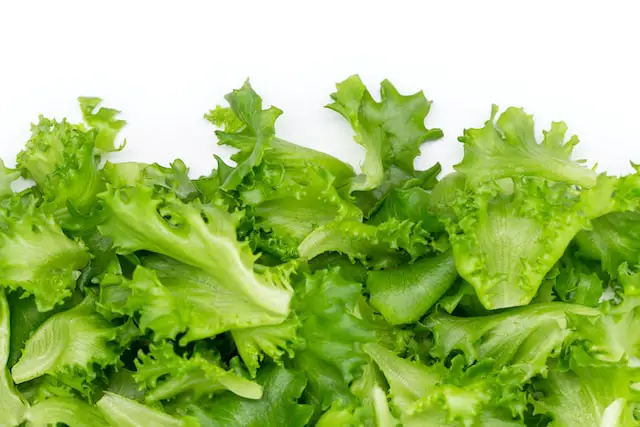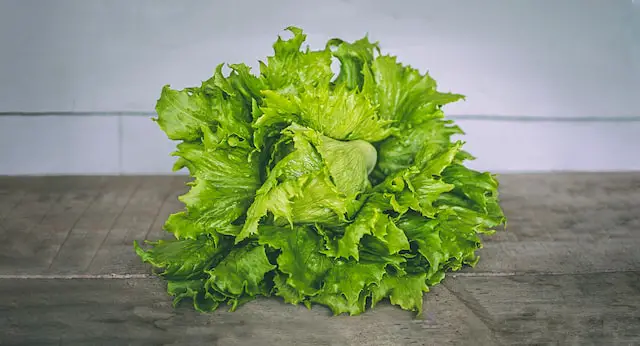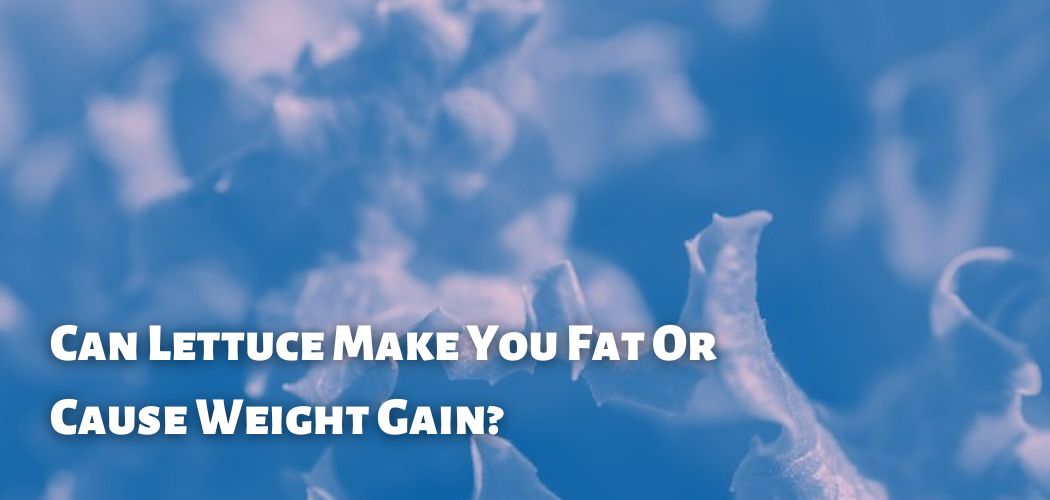The annual leaf vegetable lettuce (Lactuca sativa) is a member of the aster family (Asteraceae). Mostly lettuce is consumed fresh and is typically used as a salad base.
Depending on the variety, lettuce is a strong source of vitamins A and K.
Contents
- 1 Botanical Varieties of Lettuce
- 2 Nutritional Information
- 3 Facilitates Weight Loss
- 4 Is It Fattening?
- 5 Why don’t I lose weight while eating salad?
- 6 What happens if you consume too much lettuce?
- 7 Can it be consumed every day?
- 8 How much lettuce should be consumed daily?
- 9 Why you shouldn’t consume lettuce
- 10 Best Methods for Preparing Lettuce
- 11 How does lettuce benefit the body?
- 12 Conclusion
Botanical Varieties of Lettuce
The following Botanical Varieties of Lettuce are cultivated:
- Head or Cabbage lettuce (variety capitata).
- Leaf or Curled lettuce (variety crispa).
- Celtuce or Asparagus lettuce (variety augustana).
Nutritional Information
The nutritional values of lettuce differ between its types. Almost all of them are rich in vitamin A, in addition to small levels of vitamin C and iron.
Dietary values per serving
One bowl of butterhead lettuce provides the following nutrients:
- Calories: 7
- Protein: 1 gram
- Fat: 0 grams
- Carbohydrates: 1 gram
- Fiber: 1 gram
- Sugar: 1 gram
Vitamin A content is 36% of the daily intake in butterhead lettuce. Additionally, it contains traces of vitamin C, iron, and calcium.
One bowl of iceberg lettuce contains the following:
- Calories: 10
- Protein: 1 gram
- Fat: 0 grams
- Carbohydrates: 2 grams
- Fiber: 1 gram
- Sugar: 1 gram
Vitamin A is present in 7% of the daily value in iceberg lettuce. Also present are trace levels of vitamin C and iron. It has fewer vitamins and minerals than other varieties of lettuce.
One cup of romaine lettuce contains the following:
- Sugar: 1 gram
- Protein: 1 gram
- Fiber: 1 gram
- Carbohydrates: 2 grams
- Fat: 0 grams
- Calories: 8
Vitamin A content is 82% of the daily intake in Romaine lettuce. Additionally, it contains traces of vitamin C, iron, and calcium.
One bowl of red leaf lettuce includes the following:
- Fiber: 0 gram
- Carbohydrates: 1 gram
- Fat: 0 grams
- Calories: 4
- Sugar: 0 gram
- Protein: 0 grammes
Vitamin A is 42% of the daily intake of red-leaf lettuce. Also present are trace levels of vitamin C and iron.
Facilitates Weight Loss
Since lettuce is incredibly low in calories, it can aid in weight loss. Additionally, it is high in fiber and water, which are known to decrease overeating by keeping you full for longer. Due to its minimal fat level, lettuce is also suitable for people on a diet for weight loss.

In general, lettuce is safe for most individuals to consume. It is not a typical allergy. Since lettuce is low in calories, consuming too much of it is not a major issue.
Due to its high water content and low-calorie count, red leaf lettuce is an excellent addition to a diet for weight loss.
Is It Fattening?
Positively, lettuce is satiating and beneficial for weight loss. However, a diet consisting only of lettuce may put you in danger of consuming too few calories to maintain health and a healthy weight.
Additionally, lettuce is poor in carbs, which are essential energy sources.
However, any dish or meal can cause weight gain if consumed in excess or if it contains high-calorie/high-fat elements, even salad.
Why don’t I lose weight while eating salad?
When attempting to lose weight, you may believe that you must minimize the number of salad items to cut calories, but excluding a macronutrient like protein is a grave error. If you omit the satiating protein from your salad, it will not be considered a complete meal.
Salad is one of the most popular foods that promote weight loss. When attempting to reduce weight, you can prepare the salad in several ways.
Salads are rich in dietary fiber and vital vitamins and minerals. Incorporating these foods into your diet for weight loss will also help you achieve optimal nutrient intake.
What happens if you consume too much lettuce?
Since lettuce contains beta-carotene, it is possible to ingest so much of it that carotenoderma develops. Carotenodermia presents as a yellowish tinge to the skin but soon disappears if beta-carotene consumption is reduced.
Can it be consumed every day?
Eating a salad every day could help in preventing constipation.
An expert nutritionist stated that there is a tipping point at approximately 70 grams of fiber per day. “At this point, you may be causing intestinal obstructions; while this is uncommon, it demonstrates that more is not necessarily better.”
How much lettuce should be consumed daily?
You need around 7 to 10 cups of salad daily to nourish your cells. And the heavier you are, the more daily greens you need to sustain your health.

The good news is that the body easily digests lettuce. One for lunch and one for supper is plenty to sustain the body for the day..
Why you shouldn’t consume lettuce
The main source of E. coli O157 infections is leafy greens and other vegetable row crops. In addition to norovirus, Salmonella, Listeria, and Cyclospora, leafy greens mostly lettuce include norovirus, Salmonella, and Listeria.
Best Methods for Preparing Lettuce
Although lettuce is commonly associated with salads, it may be consumed in a variety of other ways. To appreciate lettuce’s health advantages, try it in:
- Rice foods
- Tacos
- Egg rolls and spring rolls
- Wraps
- Smoothies
- Sandwiches
Depending on the type of lettuce, it can also be used for bread in some sandwiches and burgers.
How does lettuce benefit the body?
It is rich in dietary fiber, iron, folate, and vitamin C. Additionally, lettuce is a rich source of numerous other bioactive substances that are advantageous to health.

According to research, the bioactive chemicals in lettuce have anti-inflammatory, cholesterol-lowering, and anti-diabetic properties.
Conclusion
If you consume a lot of lettuce, you won’t have to worry about calories, but excessive consumption can pose other problems.
If excessive quantities of lettuce replace other nutrient-dense foods, you will not receive the recommended daily allowance of nutrients.
This type of unbalanced diet is detrimental to health. While consuming extra fiber by eating more lettuce is beneficial, excessive consumption may cause stomach issues.
